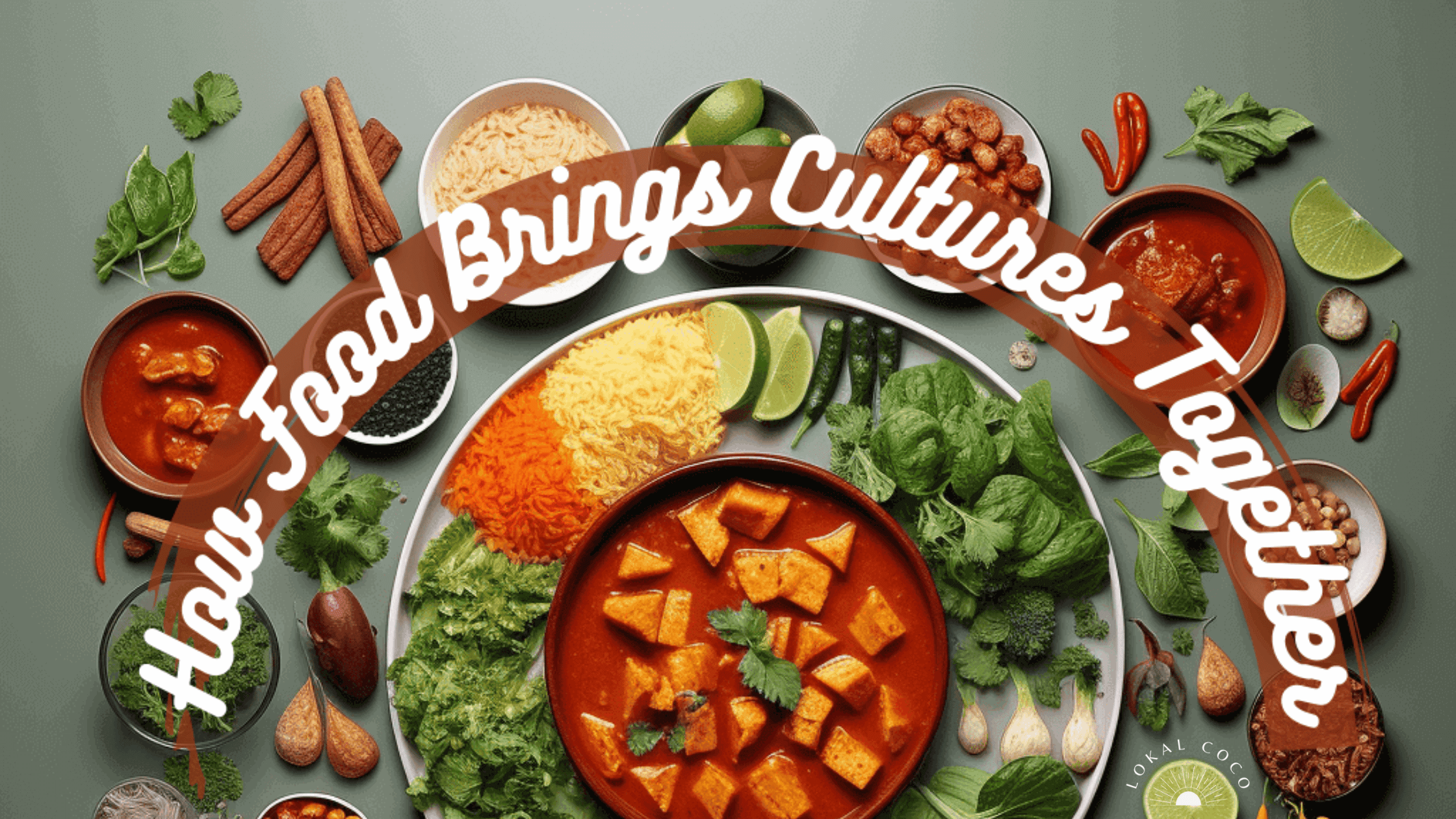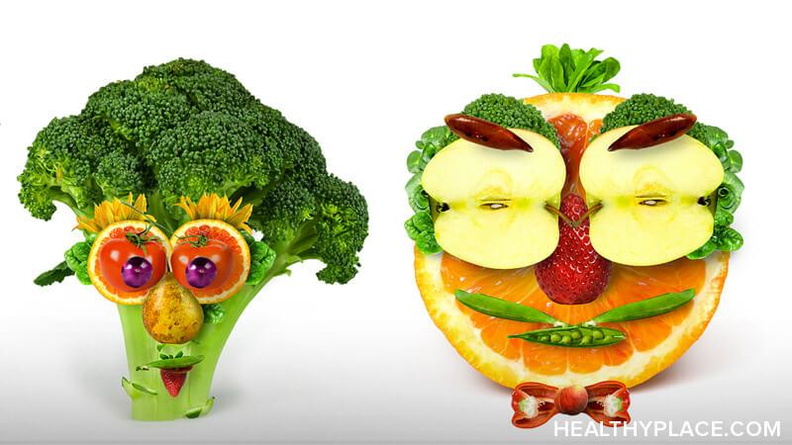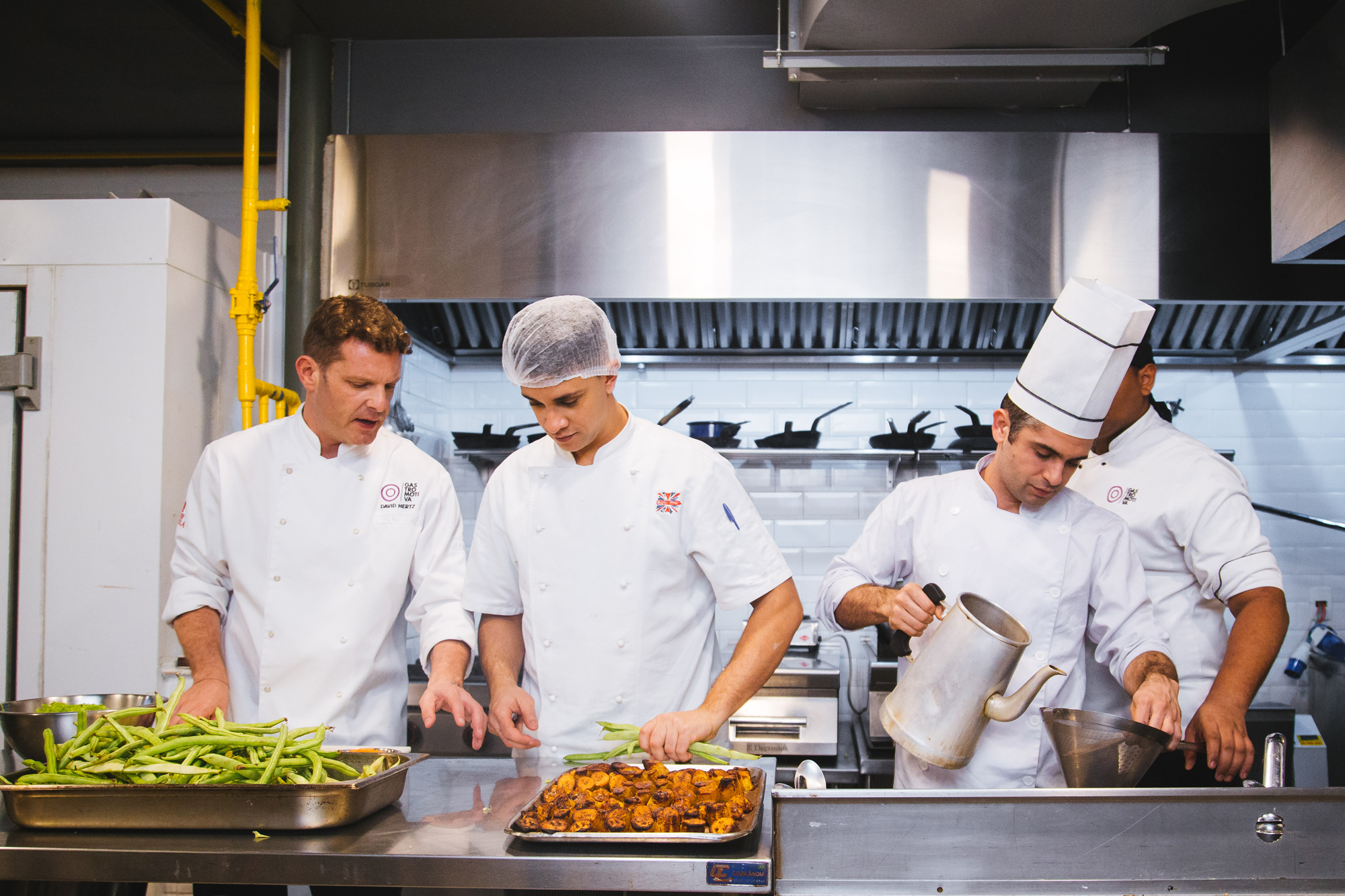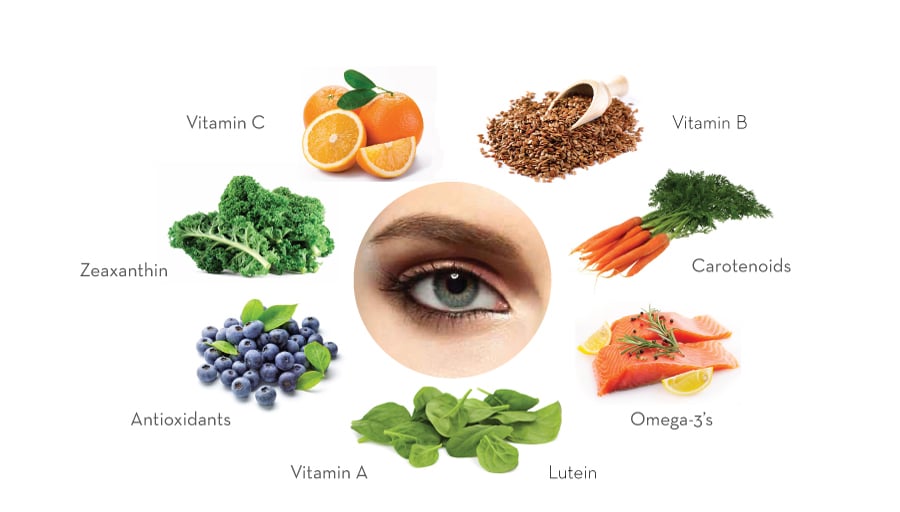Although food is essential to our life, it serves several purposes beyond simple nutrition. Beyond the basic need for nutrition, each meal has a backstory, a custom, and a relationship. Food is an essential component of our life as it is woven with our culture, emotions, and sense of self. In the words of renowned author and chef Anthony Bourdain, "Food is everything we are." It's an extension of your own history, your province, your area, your tribe, your grandmother, and your nationalist and ethnic sentiments. From the beginning, it is inseparable from those.
Food as a Bridge Across Cultures
Think about the impact that a shared lunch may have. A feeling of connection and belonging is fostered by sharing a table with others. As the founder of American cuisine, James Beard, once said, "Food is our common ground, a universal experience." Regardless of our backgrounds, sharing a meal together forges connections that go beyond differences.
Nourishing Emotionally
According to psychologists, some meals evoke strong emotional responses and are associated with memories. Someone may be transported to their grandmother's kitchen by the aroma of freshly made bread. A single madeleine soaked in tea evoked a whole universe of recollections, as Marcel Proust so beautifully explained in In Search of Lost Time: "I had stopped to feel mediocre, contingent, mortal."
Identity and Food
Regional specializations also draw attention to local identities. Japan's sushi, the American South's barbecue, and New England's seafood chowders all convey a tale of place and culture. These foods are more than just recipes; they are representations of pride and location.
Art in Food
Consider the Spanish chef Ferran Adrià, who is frequently credited with transforming contemporary food. His creative methods turned ordinary components into remarkable experiences, demonstrating that food can serve as both a source of nourishment and a visual spectacle.
Food and Social Transformation
"The choices you make are a proclamation of who you are," said campaigner and chef Alice Waters. With each mouthful you take, you are choosing whether to benefit or hurt the earth. Our dietary decisions have an impact on global concerns including famine, social justice, and climate change.
Rituals and Festivities
"Sharing food with another human being is an intimate act that should not be engaged in carelessly," as renowned culinary writer M.F.K. Fisher once stated. Ordinary dinners become spectacular experiences when bread is broken together.
The Benefits of Food for Health and Healing
Diets high in nutrients can prolong life, increase energy, and prevent illness. Conversely, poor eating patterns can exacerbate long-term illnesses. Interest in functional foods those that offer advantages beyond basic nutrition has increased as people become more conscious of the connection between food and health.
Food's Universal Language
"People who love to eat are always the greatest people," as the adored culinary queen Julia Child once said. We are brought closer together by our love of food, which highlights our humanity.
In final result
| Aspect of Food | Key Highlights |
|---|---|
| Cultural Connection | Preserves heritage, fosters community, bridges generations and traditions |
| Emotional Significance | Evokes nostalgia, strengthens bonds, creates emotional memories |
| Identity Reflection | Expresses personal values, cultural backgrounds, and regional pride |
| Artistic Medium | Becomes a canvas for creativity, engages all senses, transforms simple ingredients |
| Social Impact | Advocates for sustainability, fair trade, and environmental justice |
| Celebratory Role | Marks milestones, fosters gratitude, symbolizes prosperity and togetherness |
| Health and Healing | Promotes well-being, prevents diseases, aligns with "food as medicine" philosophy |
Questions and Answers (FAQ)
Q: What cultural connections may be made via food?A: By maintaining traditional recipes and fostering cross-cultural understanding and togetherness via shared dining experiences, food acts as a bridge.
Q: Why is food seen as an artistic medium?
A: Chefs transform food into visually and gastronomically spectacular experiences by utilizing inventive techniques, creative presentation, and taste combinations.
Q: Can dietary decisions have an effect on the environment?
A: Definitely. Selecting organic, plant-based, or sustainably sourced food can help to lessen environmental damage and encourage eco-friendly behaviors.
Q:What impact does food have on mental health?
A: Evoking comfort and nostalgia, certain meals connect us to treasured memories and foster feelings of security and joy.
Q:What function does food serve in one's health?
A: The concept that food is medicine is embodied by nutrient-rich foods, which may prolong life, improve energy levels, and prevent disease.
Unquestionably, food is more than just sustenance. It serves as a vehicle for change, an artistic medium, an emotional anchor, and a cultural artifact. Food enhances our life in a multitude of ways, from the customs it upholds to the memories it arouses. We participate in something far more than ourselves as we relish every bite: a celebration of creativity, a common heritage, and a dedication to the future.
Q:What function does food serve in one's health?
A: The concept that food is medicine is embodied by nutrient-rich foods, which may prolong life, improve energy levels, and prevent disease.
Unquestionably, food is more than just sustenance. It serves as a vehicle for change, an artistic medium, an emotional anchor, and a cultural artifact. Food enhances our life in a multitude of ways, from the customs it upholds to the memories it arouses. We participate in something far more than ourselves as we relish every bite: a celebration of creativity, a common heritage, and a dedication to the future.











